H.R. 1299: EAGLES Act of 2025
The EAGLES Act of 2025 seeks to strengthen and update the National Threat Assessment Center (NTAC) of the United States Secret Service, expanding its role in preventing targeted violence, particularly in schools. The bill was introduced in response to the shooting at Marjory Stoneman Douglas High School in 2018, where 17 individuals lost their lives. It aims to provide a more comprehensive approach to identifying and addressing potential threats of violence through research, training, and partnerships with local authorities.
Key Objectives of the Bill
- Reauthorization of the NTAC: The bill formalizes the operation of the NTAC under the Secretary of Homeland Security, emphasizing its role in assessing and preventing targeted threats.
- Strengthened Functions: The NTAC will focus on:
- Providing training and education on best practices for threat assessment and violence prevention.
- Consulting on complex threat cases and developing research around effective prevention methods.
- Facilitating information sharing across agencies to improve collaborative approaches to violence prevention.
- Creating standardized programs to promote best practices in threat assessments across federal, state, and local levels.
- Targeted School Violence Prevention: A national program focused on preventing violence in schools will be created, which includes:
- Conducting research on effective violence prevention strategies.
- Providing training to educational and public safety agencies.
- Coordinating with various federal and local agencies to align resources and training efforts.
- Consultation with external entities to enhance community-based preventive measures.
- Hiring Additional Personnel: The bill allows for the hiring of staff with specific expertise in child psychology and threat assessment to better address school violence.
- Reporting Requirements: After two years, the Secret Service Director must report on the implementation of the bill’s provisions, including training metrics and the effectiveness of interventions.
- Funding Authorization: It allocates $10 million annually from 2026 to 2030 for implementing the bill's measures but specifies that no funds can be used for firearms training.
Goals of Behavioral Threat Assessment
The overall purpose of the NTAC, as reinforced by this bill, is to enhance the ability of communities to respond to and prevent violent threats through a structured approach that includes:
- Identification: Recognizing individuals displaying concerning behavior that might indicate a risk of violence.
- Assessment: Evaluating the risks based on observable evidence and facts.
- Intervention: Implementing preventative measures tailored to individual circumstances to mitigate threats.
The ultimate goal is focused on early intervention rather than punitive actions, effectively redirecting at-risk individuals toward community resources and support systems.
Conclusion of the Bill
The EAGLES Act aims to provide a comprehensive structure for improving the United States' ability to prevent targeted violence through enhanced training, research, and cooperation among local communities, law enforcement, and educational institutions. This proactive approach is presented as a means to honor the victims of school attacks by promoting community safety and prevention.
Relevant Companies
None found.This is an AI-generated summary of the bill text. There may be mistakes.
Sponsors
23 bill sponsors
-
TrackMario Diaz-Balart

Sponsor
-
TrackDon Bacon
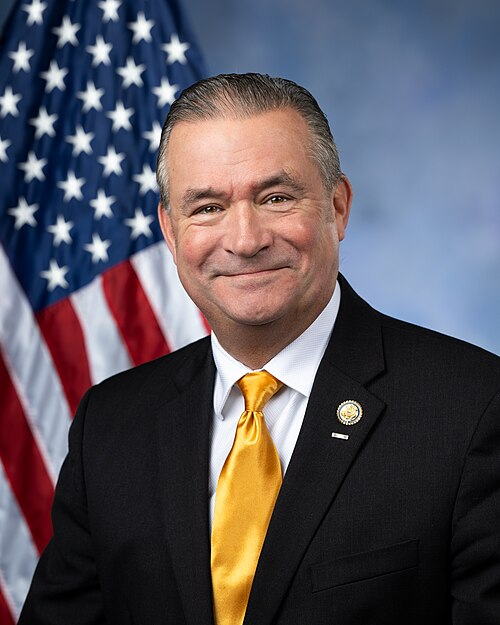
Co-Sponsor
-
TrackAmi Bera
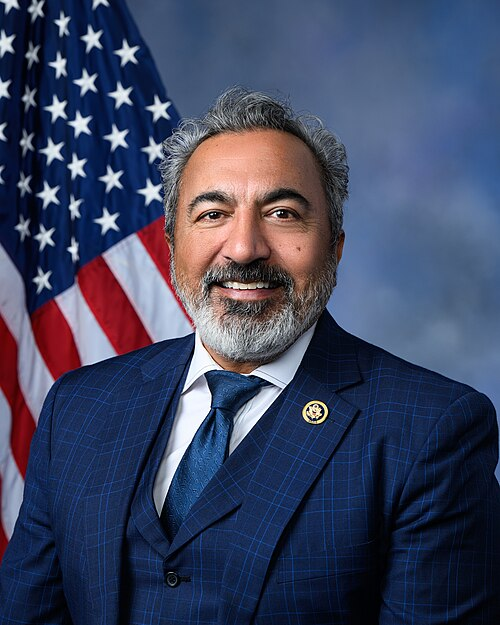
Co-Sponsor
-
TrackBrendan F. Boyle
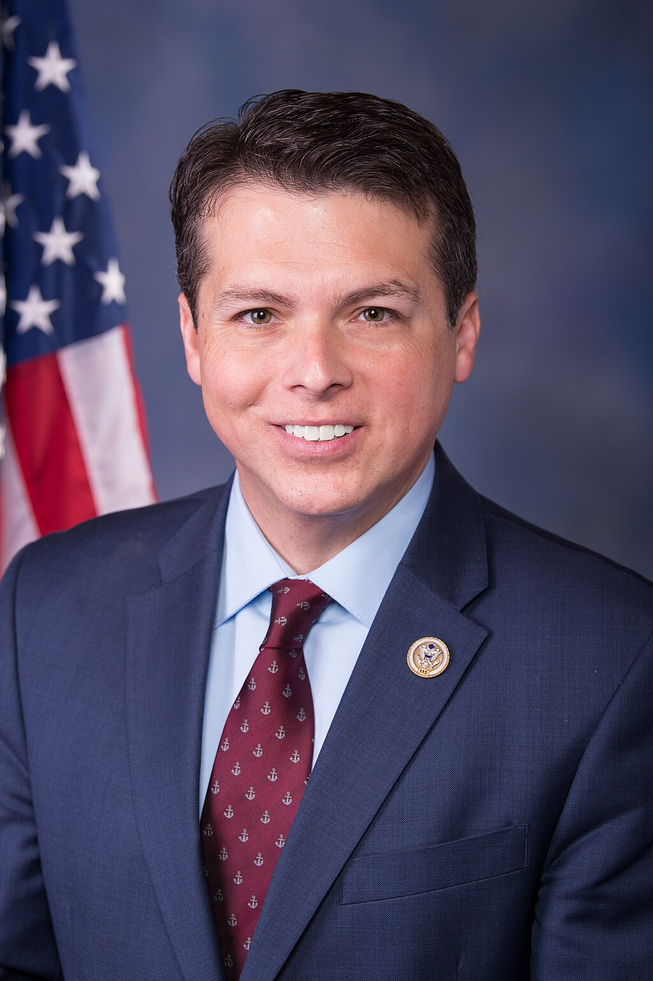
Co-Sponsor
-
TrackSheila Cherfilus-McCormick

Co-Sponsor
-
TrackJuan Ciscomani
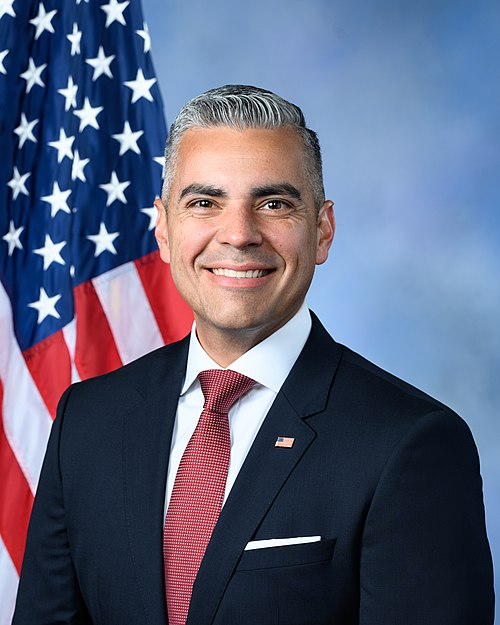
Co-Sponsor
-
TrackSharice Davids
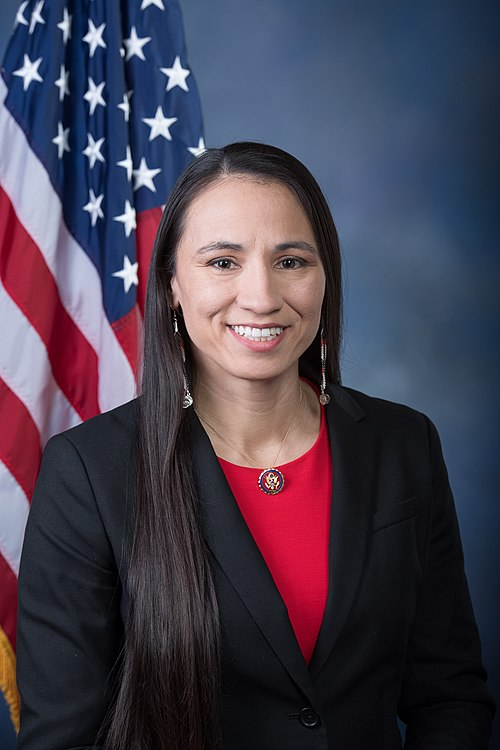
Co-Sponsor
-
TrackDonald G. Davis

Co-Sponsor
-
TrackBrian K. Fitzpatrick
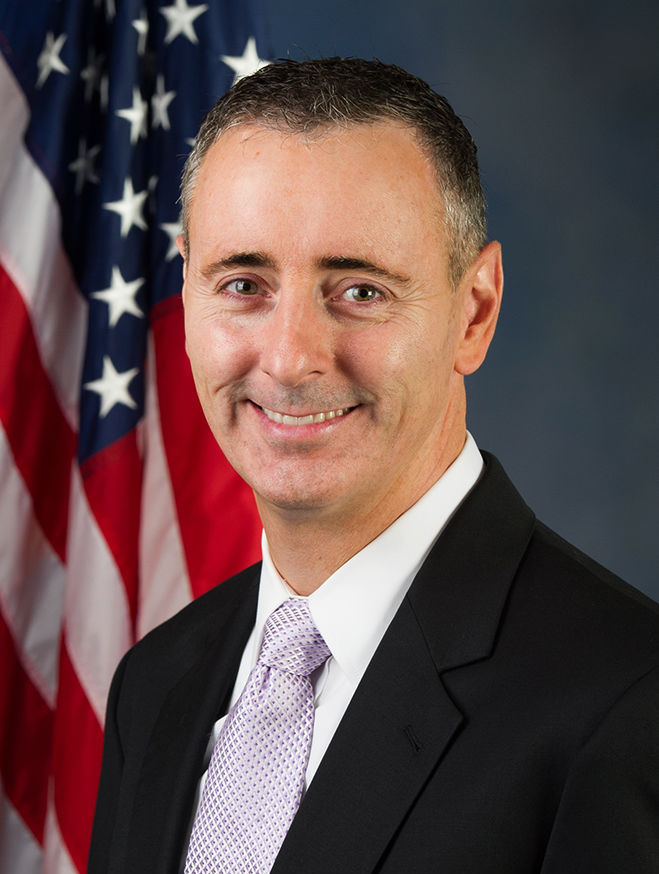
Co-Sponsor
-
TrackCarlos A. Gimenez

Co-Sponsor
-
TrackJosh Harder

Co-Sponsor
-
TrackThomas H. Kean, Jr.

Co-Sponsor
-
TrackJennifer Kiggans
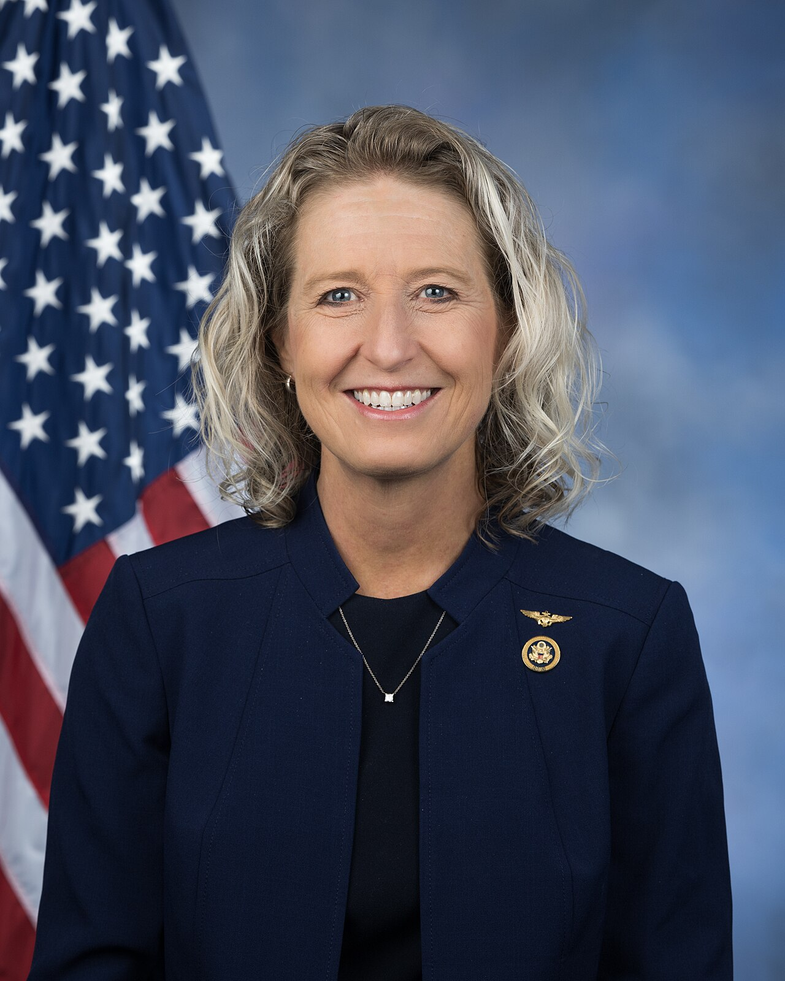
Co-Sponsor
-
TrackNick LaLota
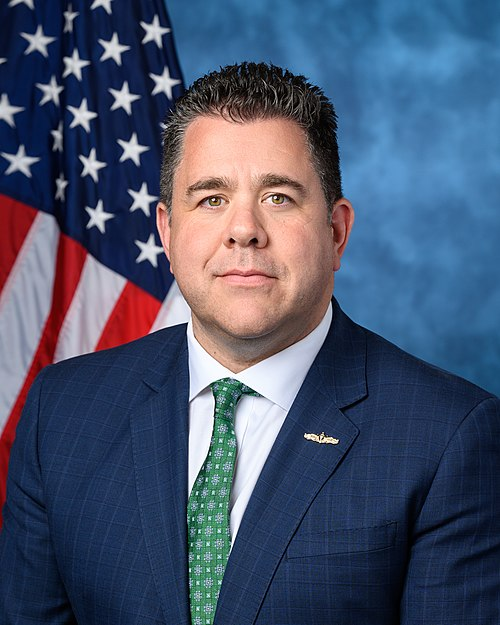
Co-Sponsor
-
TrackMichael Lawler
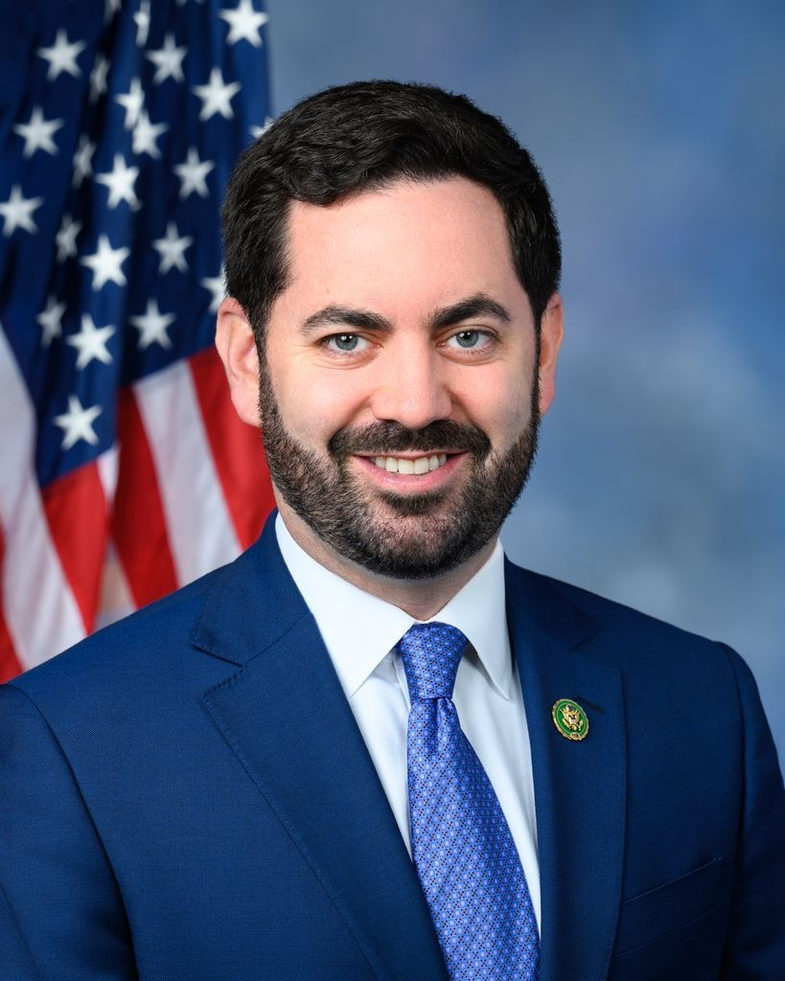
Co-Sponsor
-
TrackTed Lieu
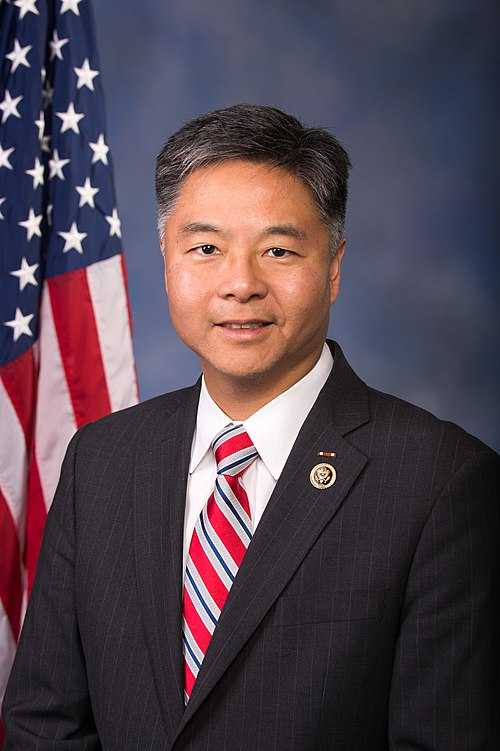
Co-Sponsor
-
TrackJared Moskowitz

Co-Sponsor
-
TrackJoe Neguse

Co-Sponsor
-
TrackJohn H. Rutherford

Co-Sponsor
-
TrackMaria Elvira Salazar

Co-Sponsor
-
TrackKim Schrier

Co-Sponsor
-
TrackPete Stauber

Co-Sponsor
-
TrackEugene Vindman

Co-Sponsor
Actions
2 actions
| Date | Action |
|---|---|
| Feb. 13, 2025 | Introduced in House |
| Feb. 13, 2025 | Referred to the Committee on the Judiciary, and in addition to the Committee on Education and Workforce, for a period to be subsequently determined by the Speaker, in each case for consideration of such provisions as fall within the jurisdiction of the committee concerned. |
Corporate Lobbying
0 companies lobbying
None found.
* Note that there can be significant delays in lobbying disclosures, and our data may be incomplete.
Potentially Relevant Congressional Stock Trades
No relevant congressional stock trades found.